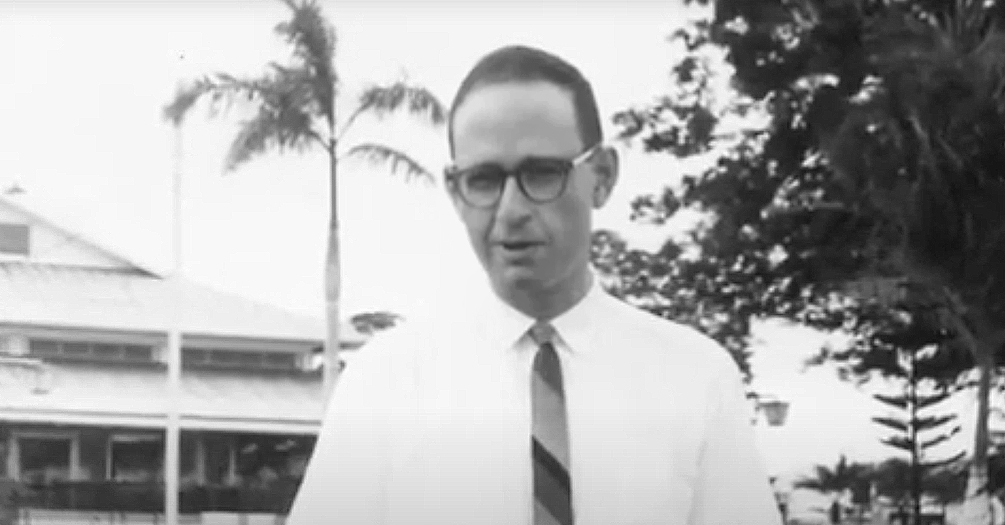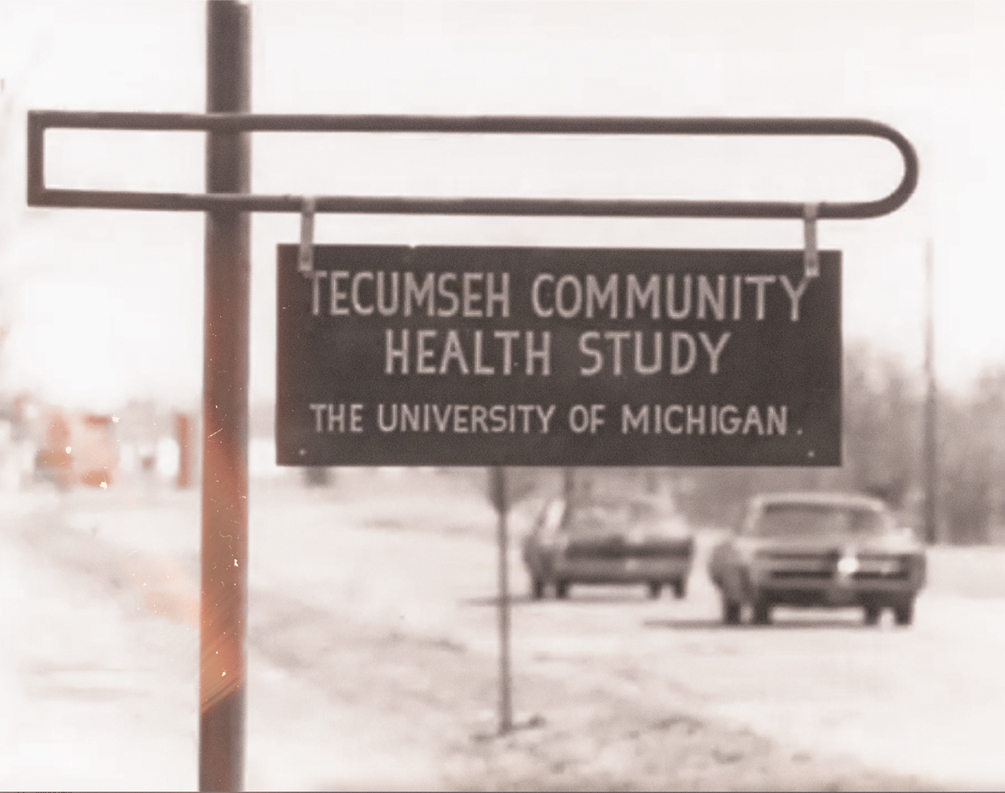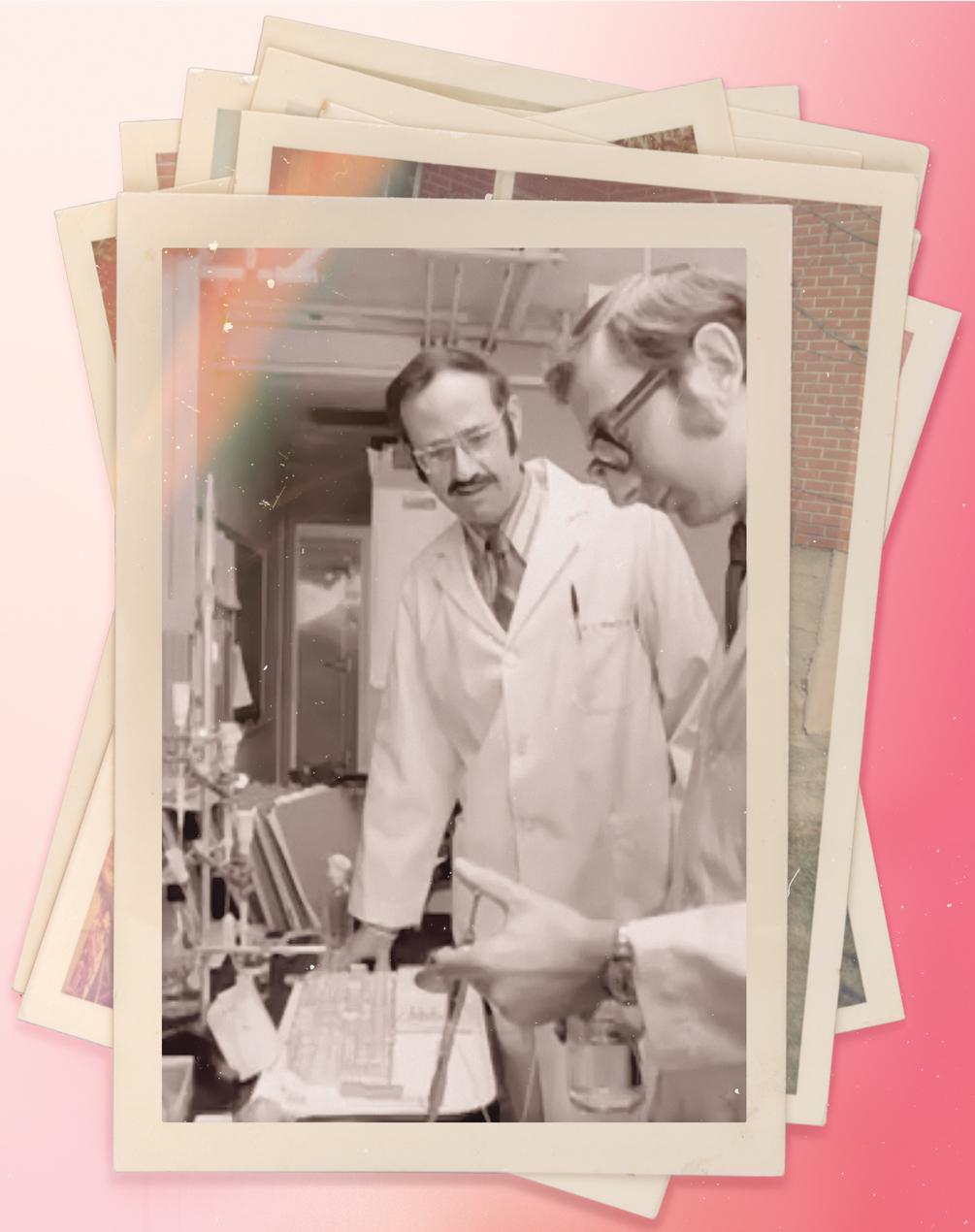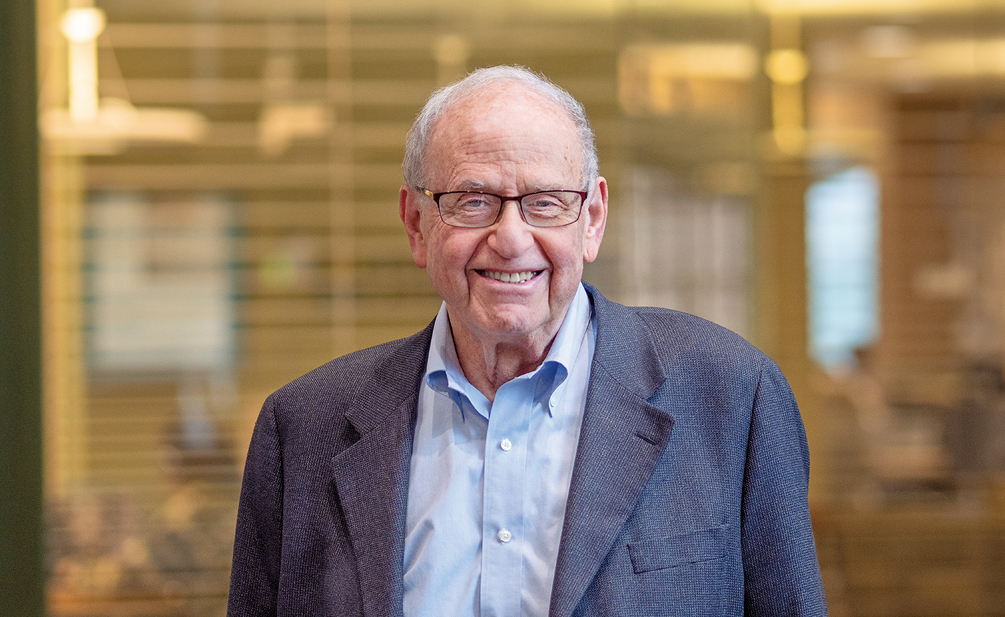Monto Milestones

This highlight reel provides a timeline of Dr. Arnold Monto’s pioneering work on identifying, treating and preventing infectious respiratory diseases
1962-1965
Monto investigates respiratory viruses in the Middle America Research Unit of the National Institutes for Health (NIH) in the Panama Canal Zone. He discovers that the viruses in the tropics are the same ones found in the temperate zone, and observes that influenza occurs in the rainy season in the tropics.

February 1965
Monto and his family arrive in Ann Arbor, where he has accepted a position as a research associate at the University of Michigan School of Public Health. Recruited by the illustrious Thomas Francis Jr., founder of the school’s Department of Epidemiology, Monto begins work on a community study of respiratory viruses in Tecumseh, Michigan. The design he develops for the new study draws on the influenza work he did in Panama as well as the Cleveland Family Study conducted by Case Western Reserve Medical School in the 1950s.
1965-1971
The first phase of the Tecumseh Study of Respiratory Illness provides Monto and his colleagues with a description of virus behaviors. They vaccinate school children in Tecumseh during the Hong Kong flu pandemic to show the effects of herd immunity on reducing community transmission of influenza.
1976
The outbreak of swine influenza reignites interest in and funding for the Tecumseh study. Monto and his team resume their work on influenza, common cold coronaviruses, RSV (respiratory syncytial virus) and rhinoviruses.
1977
The Russian influenza outbreak raises concerns among world health officials. Monto conducts studies on the antiviral drug amantadine for use in the prevention and treatment of influenza.

1980s
Monto studies the impact of respiratory viruses in developing countries, where they are the leading killer of children under age 5.
1990s
Monto continues his work on antivirals for treating influenza and rhinovirus infections. He studies two drugs, Relenza and Tamiflu, which are effective in the prevention and treatment of influenza. His studies on flu vaccine effectiveness result in coverage of influenza vaccinations by Medicare Part B.
2000s
The FLU-VACS research study, led by Monto, compares live attenuated (weakened) influenza vaccine and inactivated influenza vaccine in the prevention of influenza at four Michigan public universities, including Michigan, Eastern Michigan, Central Michigan and Western Michigan. The live attenuated influenza vaccine, FluMist nasal spray, developed at Michigan Public Health by Epidemiology Professor Hunein “John” Maassab, proves to be not as effective in protecting younger adults from the flu as the traditional inactivated influenza vaccine. Monto also ramps up work on pandemic preparedness, including the use of face masks to cut influenza transmission.
2009
The 2009 influenza pandemic breaks out. Monto is one of 15 experts selected to advise the director general of the World Health Organization on the pandemic stages. Monto also begins work on demonstrating the importance of neuraminidase inhibitors in the influenza vaccine to stem the rapid spread of viral infections in the body.
2010s
The Household Influenza Vaccine Evaluation (HIVE) study, led by Monto, begins in Ann Arbor to detect and analyze various viruses that cause acute respiratory infections in families with children.
2020
Monto becomes acting chair of the Food and Drug Administration’s Vaccines and Related Biological Products Advisory Committee (VRBPAC), which advises the FDA on the development, authorization and licensure of the COVID-19 vaccines.

